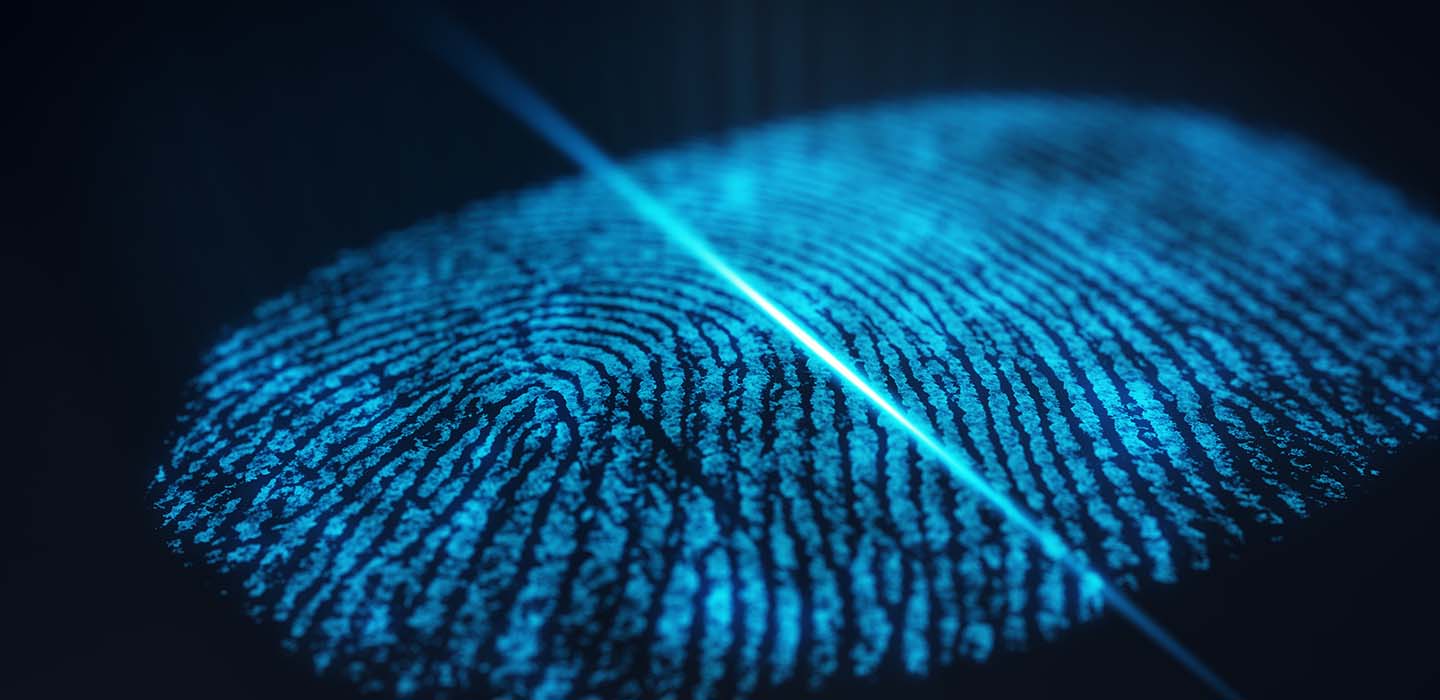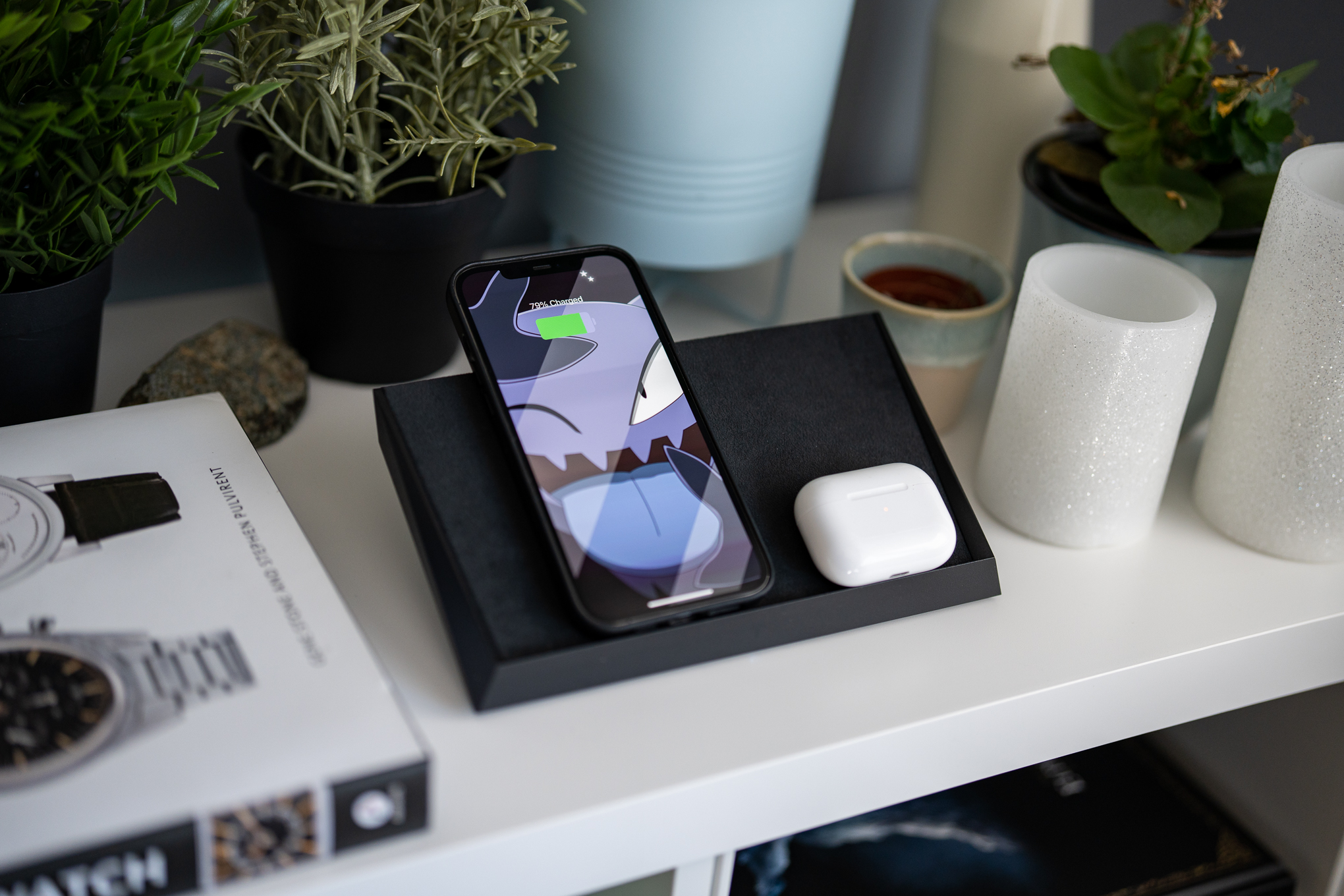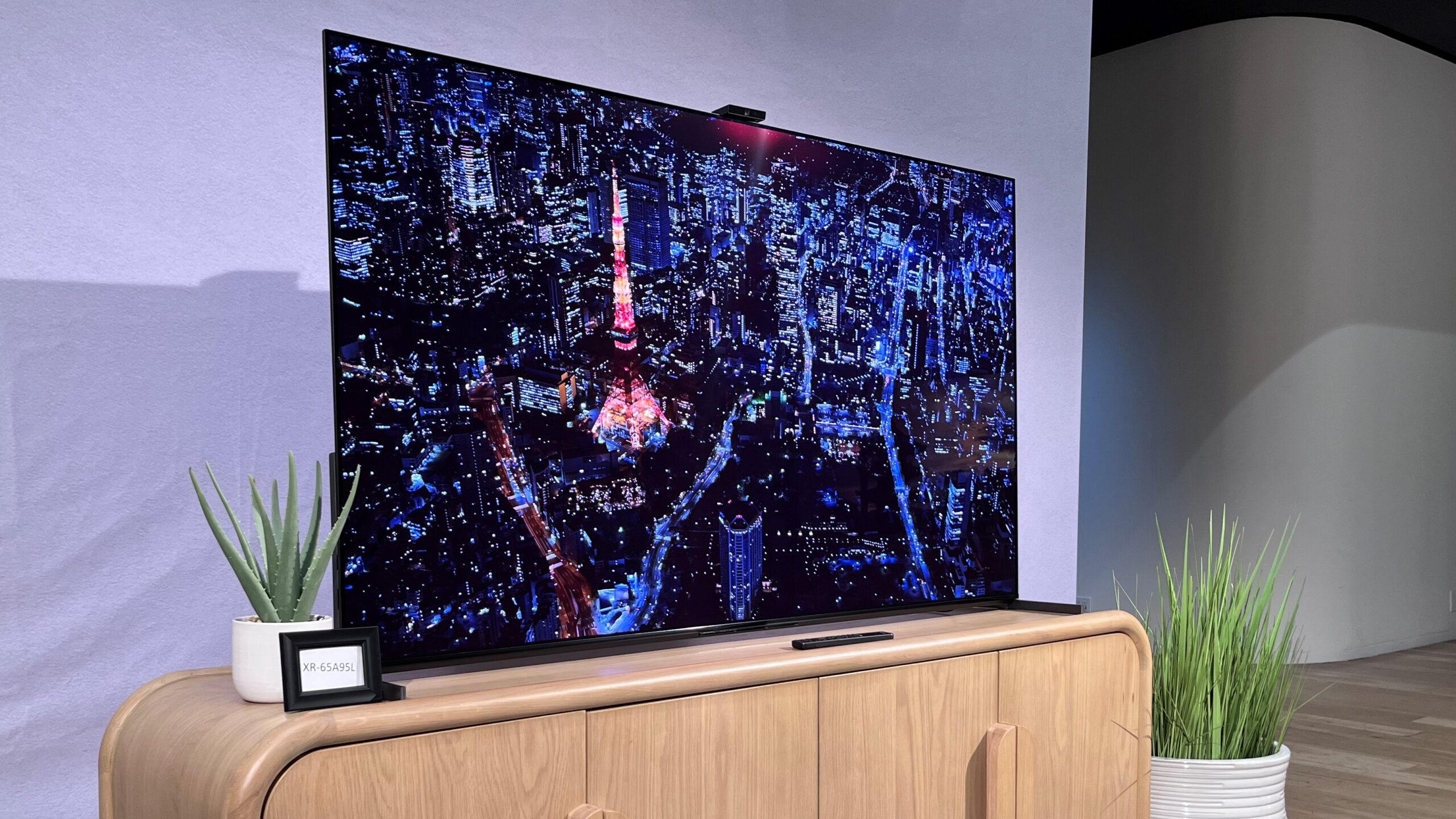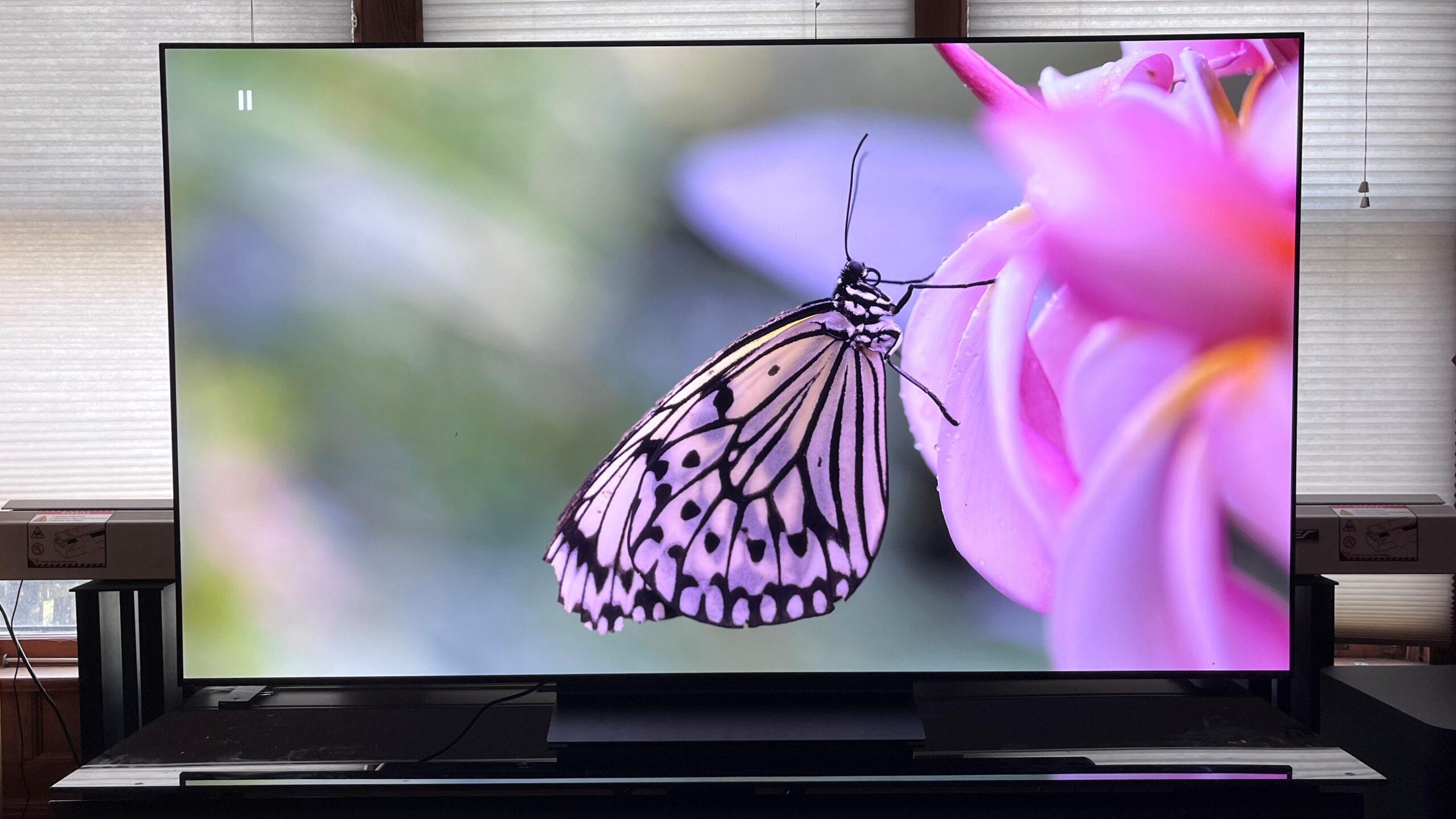So, you know that whole deal about fingerprints being as unique as a snowflake? Turns out, maybe not! Columbia University rolled out some research claiming that the AI they trained could spot similarities between fingerprints with an accuracy of 75-90%. Hold up, what?
AI Magic or Just Confusion?
The twist? Even the scientists scratching their heads, like Professor Hod Lipson, admitted, “We don’t know for sure how the AI does it.” Apparently, this tech zooms in on the center of your fingerprint, caring more about the swirls and curves than the classic forensic stuff we’ve been relying on.
Graham Williams, a forensics professor, spills the tea that the whole ‘unique fingerprint’ idea was never etched in stone. He spills, “We don’t actually know that fingerprints are unique. All we can say is that as far as we are aware, no two people have yet to demonstrate the same fingerprints.”
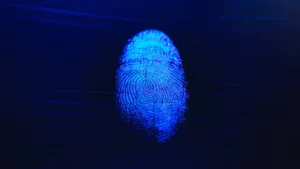
What’s the Big Deal?
This discovery could shake things up in the world of biometrics and crime solving. Imagine, an AI tool that connects the dots between a thumbprint at Crime Scene A and an index fingerprint at Crime Scene B. Right now, that’s a tough nut to crack without this tech.
But, and there’s always a but, the Columbia crew, who aren’t exactly forensics gurus, admit more digging is needed. The AI isn’t courtroom-ready, but it’s like a detective’s assistant, pointing fingers in the right direction.
Real Talk on Real-world Struggles
Quick reality check: the AI superhero was trained on primo fingerprints. In the real world, we’re often stuck with blurry, partial prints, making life a tad harder for our fingerprint detective.
Twins with Superpowers?
Wait, there’s more! Ever heard of those twins in Cheshire? Apparently, they can unlock each other’s iPhones using their own fingers. Grandma spilled the beans, saying, “They showed me on Christmas day.” Imagine bypassing facial recognition like it’s a piece of cake. Now, that’s a plot twist!
Cracking the Genetic Code
Fun fact: fingerprints start their gig before we even make our grand entrance into the world. Recent research suggests our fingerprint genes might share secrets with how animals get their cool markings, like zebras and leopards. Alan Turing had this theory in the 1950s, and now it’s making a comeback.
In a nutshell, the Columbia University study is stirring the fingerprint pot, making us question if they’re as unique as we thought. But hey, we’re not throwing out the forensic handbook just yet—more research is on the horizon. The AI might not be the courtroom hero, but it’s the Sherlock Holmes of fingerprint investigations, pointing us to the right clues.
